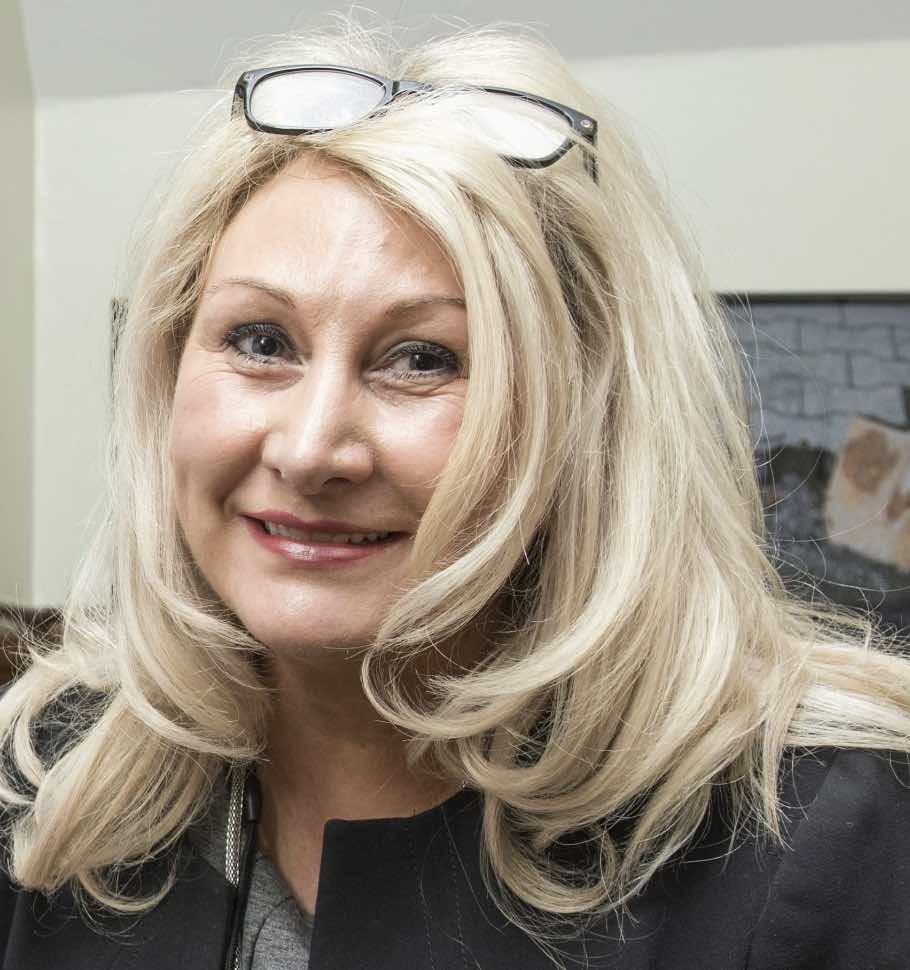Skin cancer awareness month: detecting early warning signs on clients
Beauty professionals have regular, close-up observation of their clients’ skin so are uniquely placed to identify potential abnormalities and provide signposting for professional clinical assessment.
Early detection, diagnosis and treatment can help to avoid surgery, improve patient outcomes and, most importantly, save lives.
Skin cancer is the most common form of cancer in the UK. Statistics reveal that one in four men and one in five women will be diagnosed with non-melanoma skin cancer, and one in 36 men and one in 47 women will develop melanoma – the most serious, life-threatening form of skin cancer.
Basal cell and squamous cell carcinoma, collectively known as non-melanoma skin cancer, is the most common form, usually occurring on areas of skin frequently exposed to UV radiation.
Signs and symptoms of non-melanoma skin cancer include:
• A sore or rough patch of reddish, irritated skin that isn’t healing.
• A pearly, pinkish or skin-coloured bump or nodule (this can also appear tan, brown or black).
• A pink growth with a rolled, elevated border and/or crusted centre.
• A white, yellow or waxy scar-like area.
• A wart-like growth or hard, white- or skin-coloured lumps.
Melanoma can occur anywhere on the skin. Around 70% of cases will appear as a new mole, and the remaining 30% occur in an existing mole or freckle that changes in appearance.
Signs and symptoms of melanoma skin cancer
The ABCDE of melanoma is a common tool used to identify around 70% of cases:
A = Asymmetry, when one half of the mole looks different to the other.
B = Border, when the borders are irregular or have undefined edges.
C = Colour, when the colour varies within the mole.
D = Diameter, when the largest diameter is greater than 6mm.
E = Evolution, changes to the mole’s size, shape, colour, surface or sensation.
If you spot any of these signs on your client’s skin, you should advise them to see their GP as soon as possible.
There are many other types of skin cancer with very varied appearances. It’s therefore important to learn more about the various types and how they present. That is why specialist skin cancer charity Skcin developed the MASCED (Melanoma and Skin Cancer Early Detection) training programme.
Designed to harness the power of the beauty professional in their capacity to help tackle this major public health concern, the training is supported, endorsed and accredited by key industry bodies.
There are two training courses available – MASCED for hair, health and beauty professionals, and MASCED Pro for advanced beauty professionals, allied health professionals and medical practitioners. For an exclusive 10% discount on the training courses, enter the promo code PROBEAUTY10.

Marie Tudor is the chief executive of national skin cancer charity Skcin, which specialises in the prevention and early detection of skin cancer through educational intervention.


